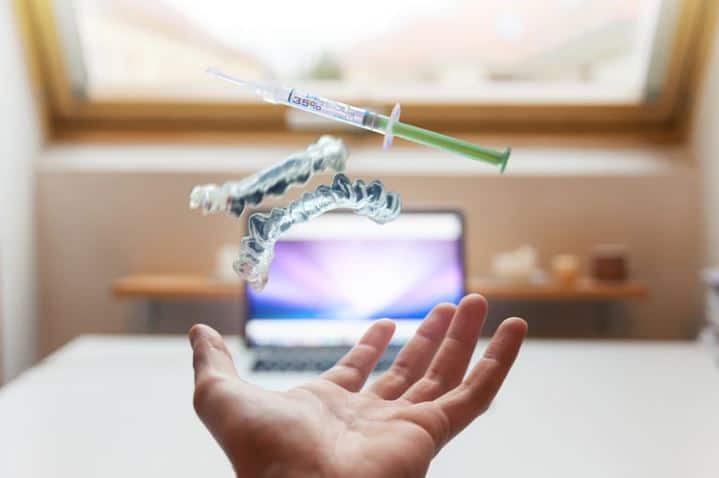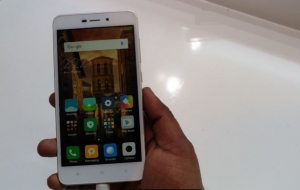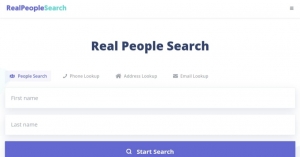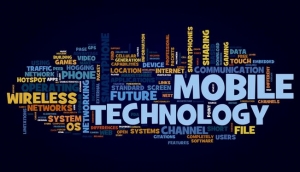The technological development has widely improved the healthcare sector, starting from the diagnostic and care equipment to the emergence of smart tools that help doctors and patients.In 2002, the Pew Research Center published a report about the number of users who seek medical assistance via the internet; the report estimated that more than 6 million US citizens asked for medical advice via the internet. In another recent report published in 2018, the number of people asking for medical assistance increased to 93 million individual every day, it is also mentioned that about 93% of medical information seekers searched for specific diseases, and 55% asked for information before visiting the doctor.Reports also indicate that by 2030, the healthcare sector will suffer from the rise of the number of people with chronic diseases; in contrast, there would be a shortage of doctors. Thus healthcare workers have to find new methods to satisfy the growing needs, and this is what new technologies will be helping.Whether technologies will facilitate the information exchange between patients and doctors, or help in a high-risk surgery, It is clear that the dynamic applications of technology will continue to change the healthcare sector.Hereafter, we are going to illustrate the sixth technologies that have a big impact on the healthcare sector:
- Artificial intelligence
The artificial intelligence will have a big impact on various industries and sectors by the coming years. The healthcare sector is no exception; the artificial intelligence development will lead to a fast and accurate diagnosis of diseases.Indeed, a large number of executive directors in the healthcare sector started to apply artificial intelligence in their work, as reported in the Connected Medicine center, about the increasing use of artificial intelligence during 2018 compared to 2017.
Since technology becomes more developed and widely spread, it is expected that artificial intelligence will help in stroke diagnosis, eye diseases, heart diseases, skin cancer, and other cases.
- Virtual healthcare
Virtual healthcare, telehealth, or telemedicine is known as the communication of patients and doctors in the distance using some techniques, such as video communication, messages, or applications. Many patients are using health monitors, or fitness tracking devices that can be worn to control their health changes and to share that data with their doctors.Comfort and ease of use are some of the most important reasons for choosing virtual care by patients since these technologies allow patients to stay at home, with the ability to do tests, and easily follow their health. Besides that, they allow patients to consult specialists outside the city, without the need to Travel.On the other hand, some patients refuse it because they worry about care quality, or they are afraid of losing the personal connection with the doctor. However, reports show that if all patients choose virtual healthcare rather than visiting the doctor face to face, this will help the US health system to save about 7 billion dollars every year.
- Nanomedicine
Nanomedicine means the use of Nanotechnology and the Nanodevices to improve the medical treatment, diagnosis, and creating new systems for delivering medication to the body, as well as new methods to treat diseases and repairing the damaged cells and tissues.This field is very promising in diagnosis and treatment, and the fast development of Nanotechnologies has helped to change the traditional rules employed to face deadly diseases.The Nanomedicine is used initially to diagnose, treat, and prevent the different diseases, compared to traditional medicines, it is considerably better to rely on Nanomedicine in targeting diseases and delivering medicines systems. This will allow fighting against complicated diseases, such as cancer, where it will directly deliver chemotherapy to targeted tumors instead of the whole body.It is expected that the world Nanomedicine market will reach more than 350 billion dollars by 2025.
- Virtual reality
Although this technique is usually associated with entertainment, however, virtual reality is used in the healthcare sector both by doctors and patients, it is mostly used in:- Training workers in the healthcare sector- Training of surgeons in a realistic and low-risk environment- Providing the treatment capabilities and rehabilitation of sharp pain and anxiety troubles.Therefore, virtual reality technologies are considered to be a cost-effective tool both for teaching and treatment, and it is expected that the healthcare market services depending on virtual reality will grow from 8.9 billion dollars in 2017 to 285 billion dollars by 2022.
- 3D printing
The 3D printers market has known a lot of changes during the last few years. In just a decade, the number of printers’ manufacturers has highly increased, and they become cheaper and better compared to the first years of their release, and their use is developed in the healthcare sector.This technology helps to produce prototypes faster, since new printers are able to create medical tools by using different materials, starting from plastic to radical cells. In addition to customized prosthetic printings, the industry of poly pills that contain more than an effective ingredient with a minimal cost.3D printing can revolutionize organ transplants and tissue repair, and it is also able to produce realistic skin for burn victims.
- Surgeries using robots
The dependence on robotic surgical techniques in hospitals has increased recently; it helps doctors to perform complicated surgeries; the surgeons usually control the surgical device by using a camera and mechanical arms, and this provides them a high and precise vision of the surgery. According to the Mayo clinic, this method has many advantages, such as:- Enhanced precision, flexibility, and control- Reducing complications resulting from surgeries such as infections and infections.- It results in less visible scars since it performs delicate surgeriesThe emergence of robotic surgery can also pave the way for remote operations by surgeons who sit in the control room in a city or country different from the patient’s country.
- Technical skills; and in which fields they are used?
- What is Crataegus? benefits and its side effects?
- How will the technology of the future change our world?
Originally published on Live Positively.






